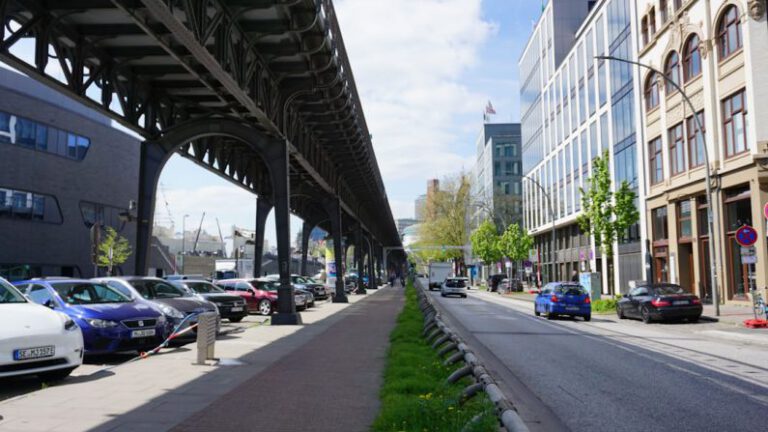Electric Avenues: the Surge of Electric Vehicles in Urban Transportation
As cities worldwide grapple with issues of pollution and congestion, the rise of electric vehicles (EVs) has emerged as a promising solution for urban transportation. With their zero-emission technology and eco-friendly benefits, electric vehicles are increasingly becoming a popular choice for city dwellers looking to reduce their carbon footprint and contribute to a cleaner environment. In this article, we will explore the surge of electric vehicles in urban transportation and the impact they are having on our cities.
### The Urban Mobility Revolution
The shift towards electric vehicles is part of a broader urban mobility revolution that is transforming the way people move around in cities. The traditional reliance on gasoline-powered vehicles has led to air pollution, traffic congestion, and noise levels that negatively impact the quality of life in urban areas. Electric vehicles offer a sustainable alternative that addresses these challenges while providing a convenient and efficient mode of transportation for city residents.
### Benefits of Electric Vehicles in Urban Transportation
One of the key benefits of electric vehicles in urban transportation is their contribution to reducing air pollution. By eliminating tailpipe emissions, EVs help improve air quality and reduce the harmful effects of pollutants on public health. This is especially important in densely populated cities where vehicles are a major source of pollution.
In addition to environmental benefits, electric vehicles also offer economic advantages for city residents. With lower operating costs and maintenance requirements compared to traditional vehicles, EV owners can save money on fuel and servicing expenses. Furthermore, the use of electricity as a fuel source for EVs is more cost-effective and stable compared to fluctuating gasoline prices, providing a more predictable transportation cost for urban dwellers.
### Infrastructure Challenges and Solutions
While the surge of electric vehicles in urban transportation is promising, it also presents challenges related to infrastructure and charging capabilities. To support the widespread adoption of EVs, cities need to invest in charging infrastructure that is accessible, convenient, and reliable for electric vehicle owners. Public charging stations, workplace charging facilities, and residential charging options are essential components of an EV-friendly urban environment.
Innovations in technology are also driving solutions to address infrastructure challenges. The development of fast-charging stations, smart grid systems, and battery technology advancements are making it easier and more efficient for EV drivers to charge their vehicles on the go. These advancements are essential for promoting the adoption of electric vehicles and ensuring a seamless transition to a cleaner and more sustainable urban transportation system.
### The Future of Electric Vehicles in Urban Transportation
As the demand for electric vehicles continues to grow, the future of urban transportation is increasingly looking electric. Governments, city planners, and transportation authorities are recognizing the benefits of EVs and implementing policies to support their adoption. Incentives such as tax credits, rebates, and subsidies for electric vehicle purchases are encouraging more people to make the switch to electric cars, contributing to a greener and more sustainable urban environment.
In conclusion, the surge of electric vehicles in urban transportation represents a positive shift towards a cleaner, more sustainable future for cities around the world. With their environmental benefits, economic advantages, and technological innovations, electric vehicles are reshaping the way we move in urban areas and paving the way for a greener and more efficient transportation system. The continued growth of electric vehicles in urban transportation will play a crucial role in creating healthier, more livable cities for generations to come.






